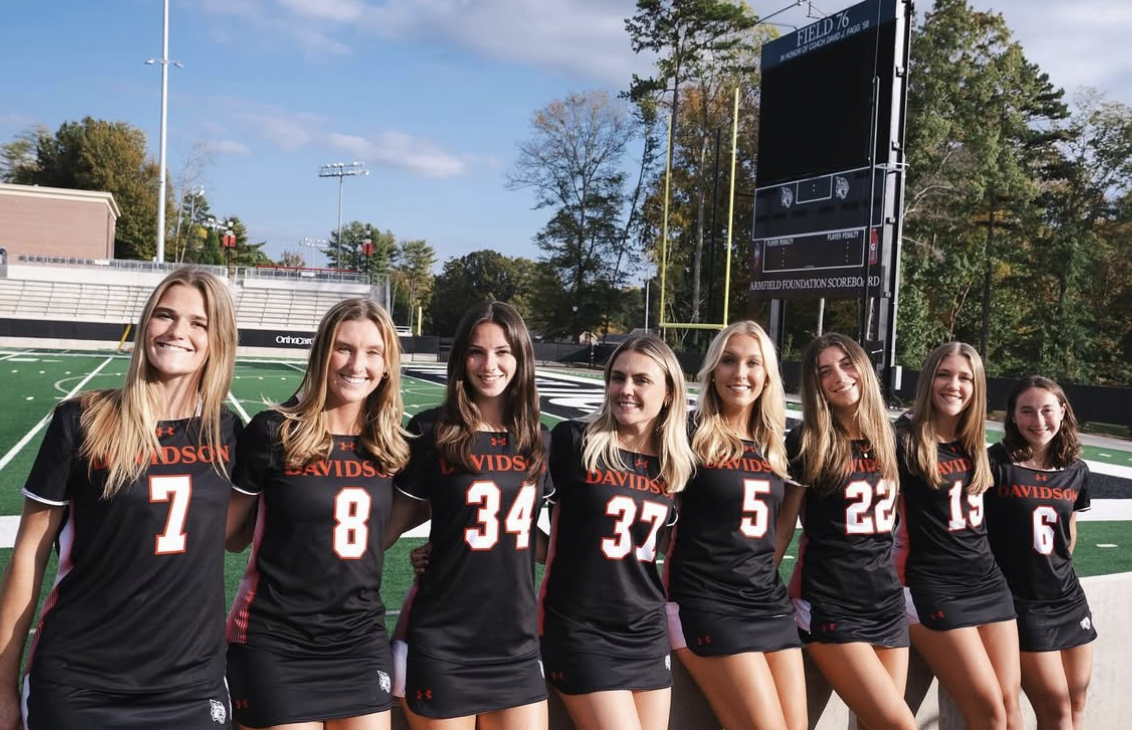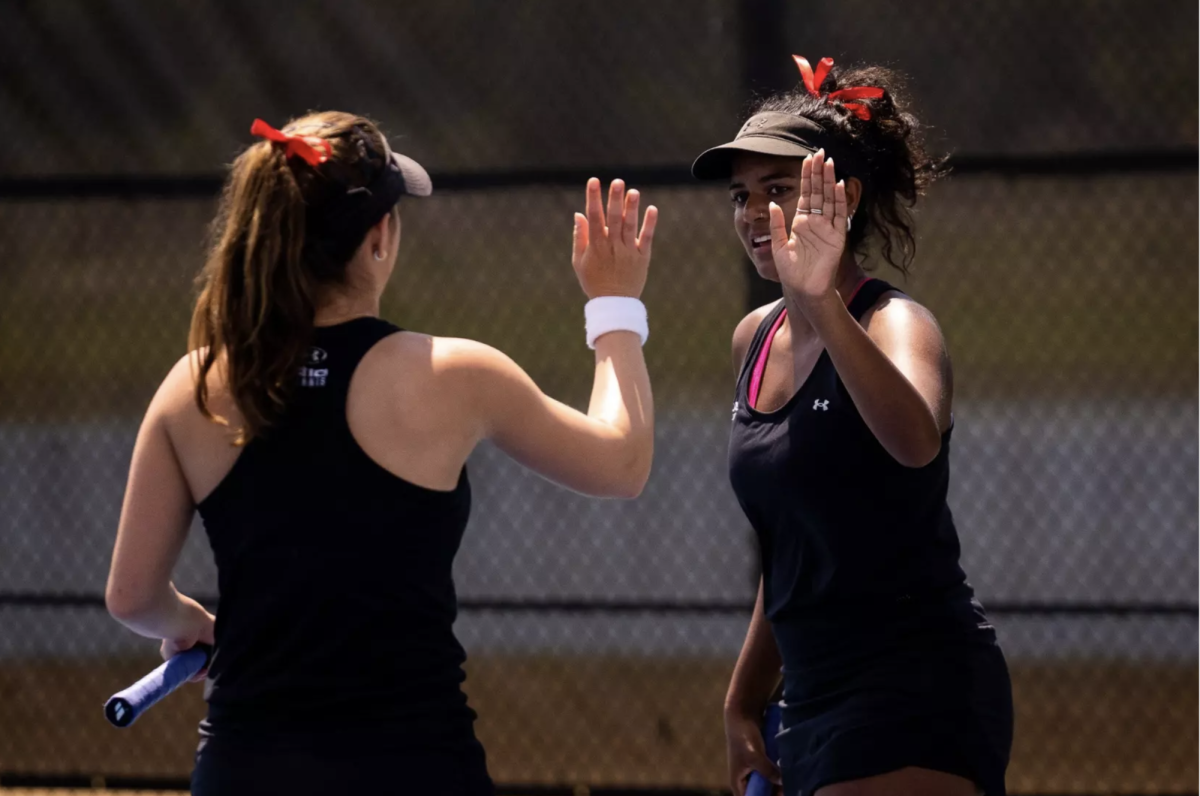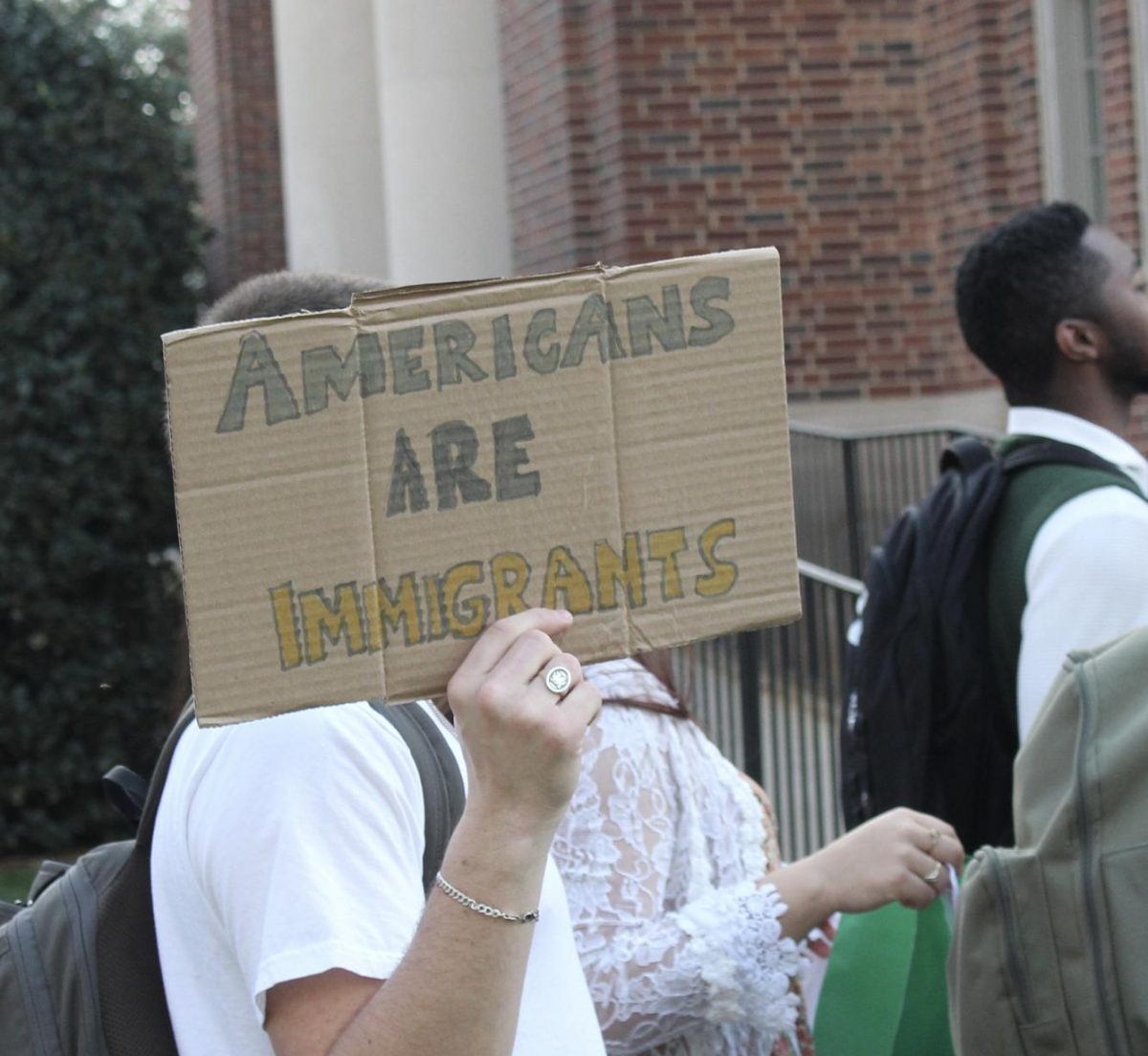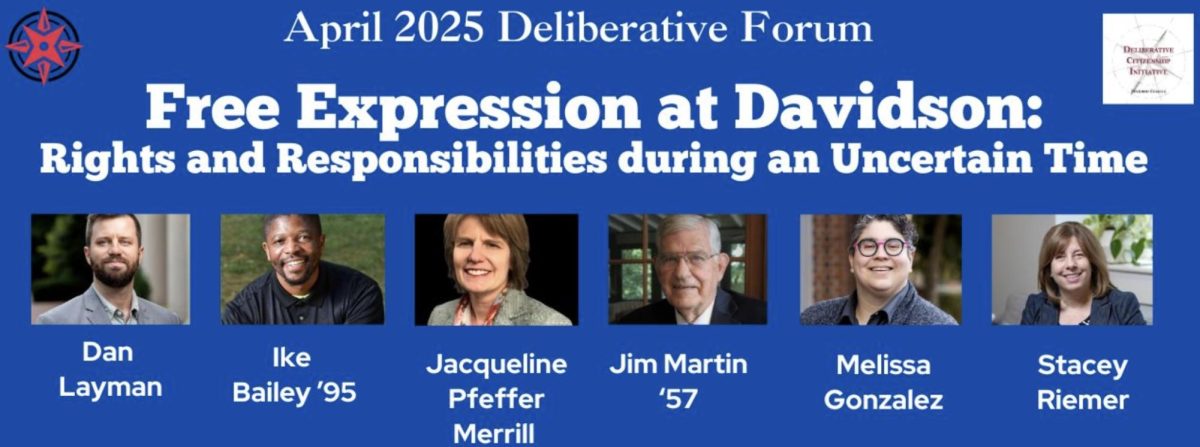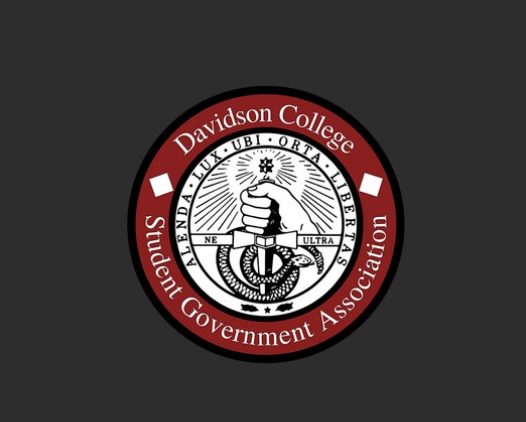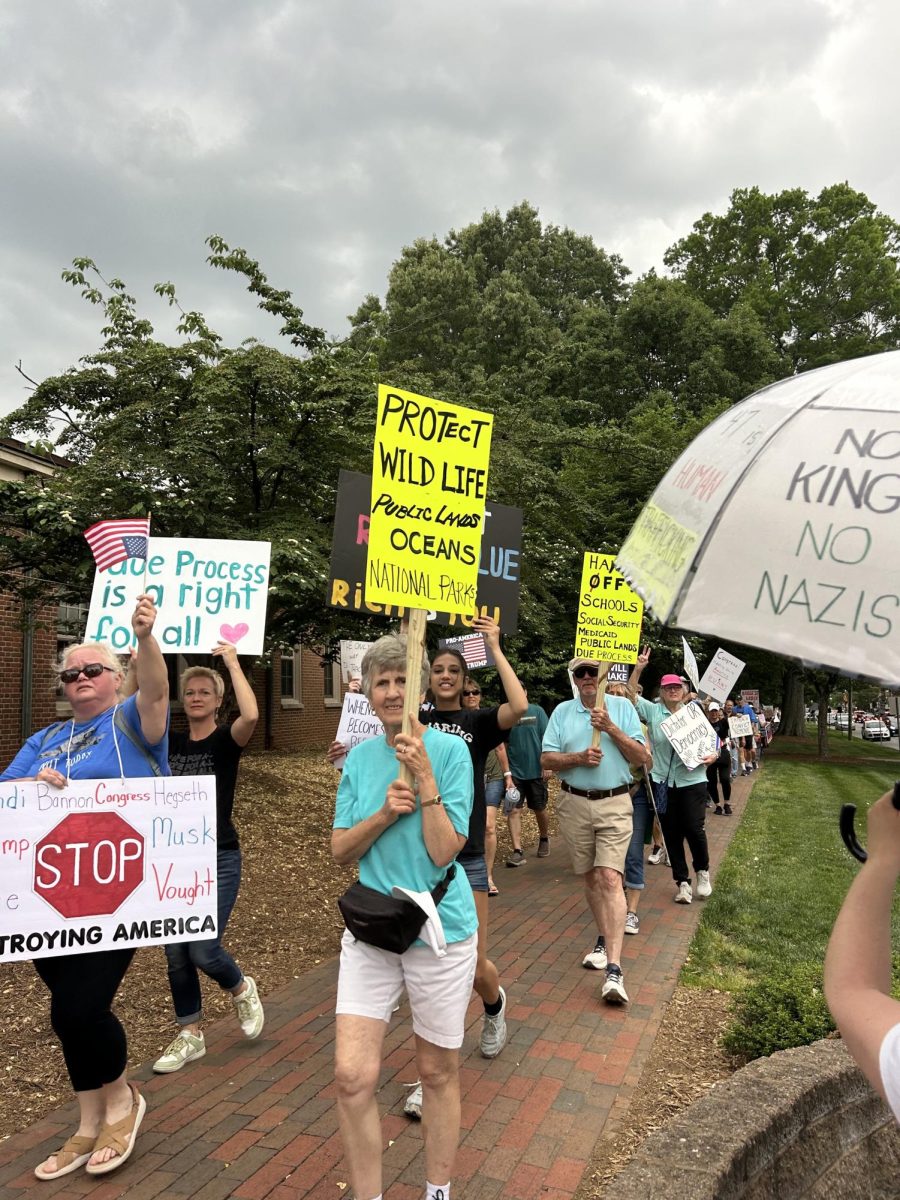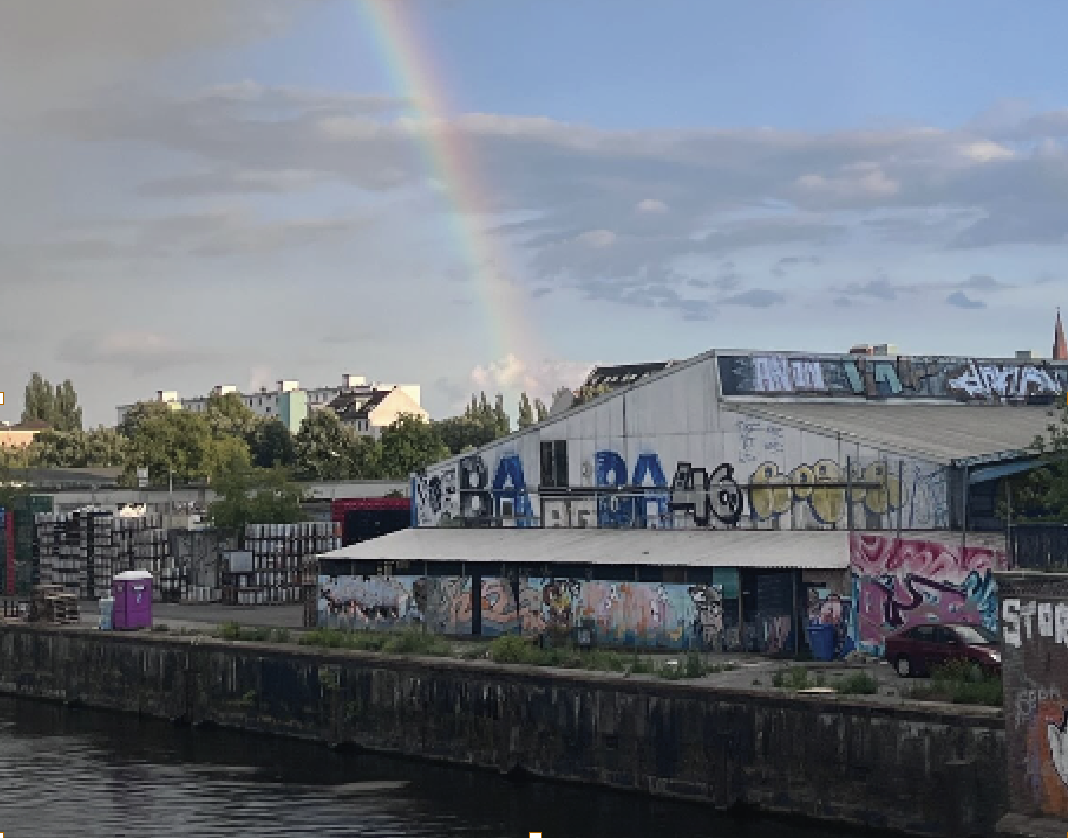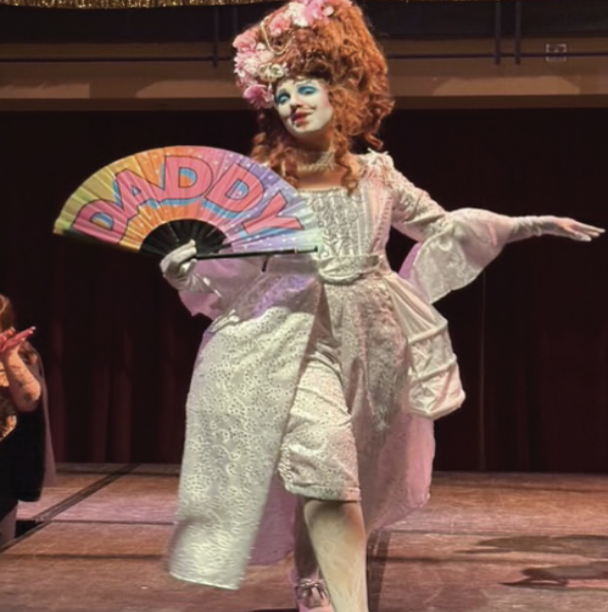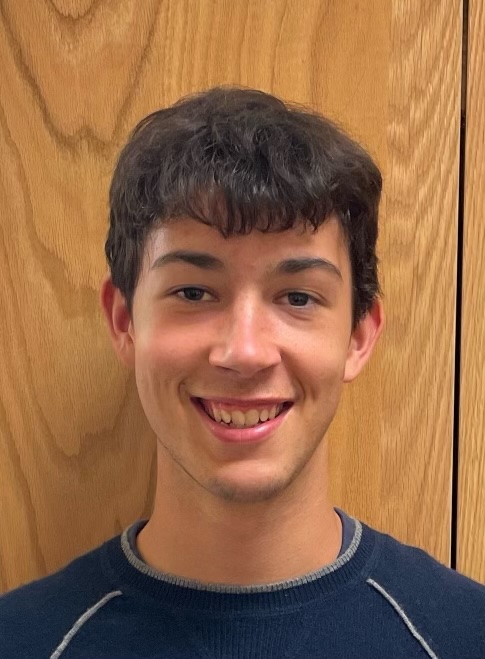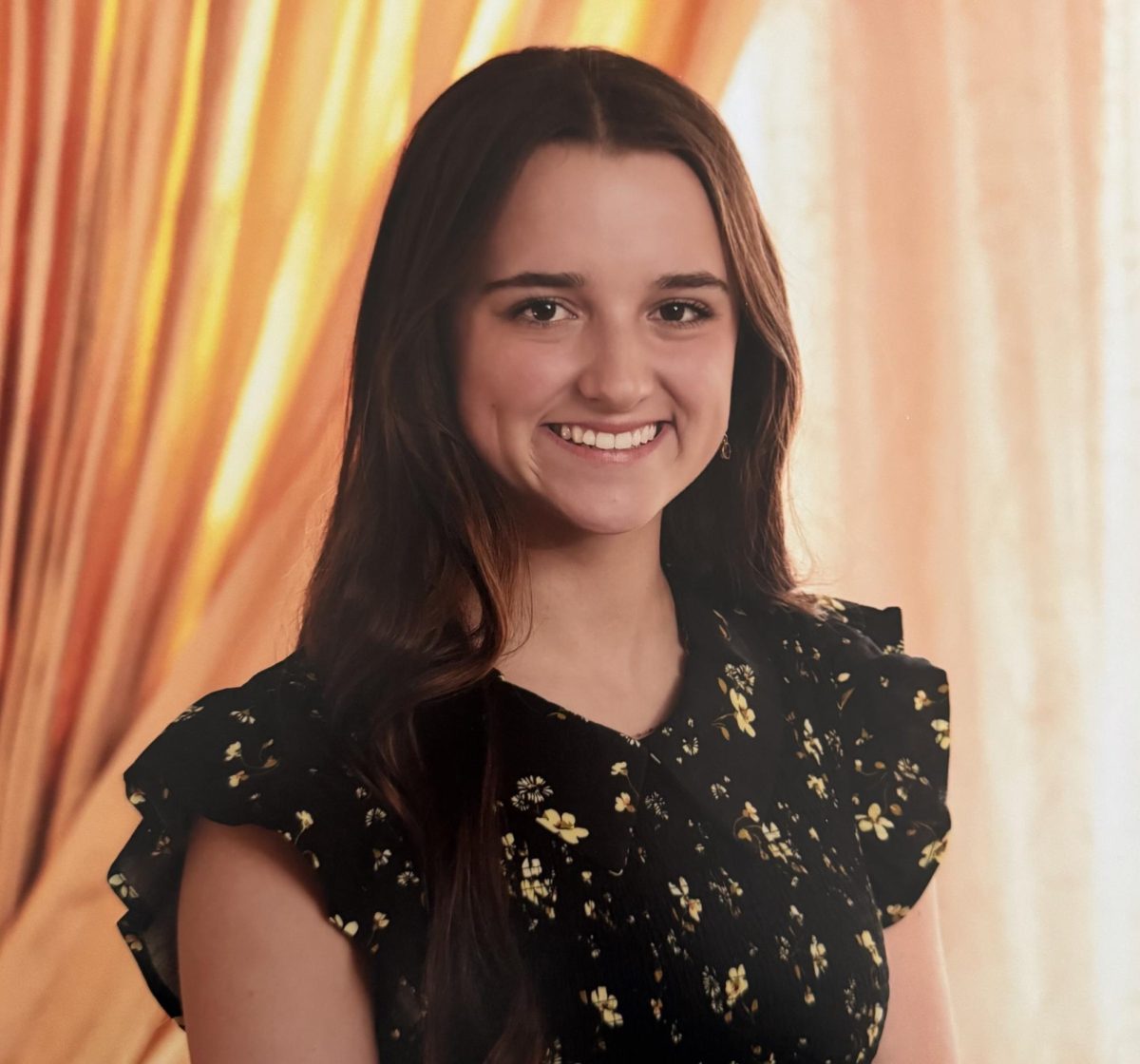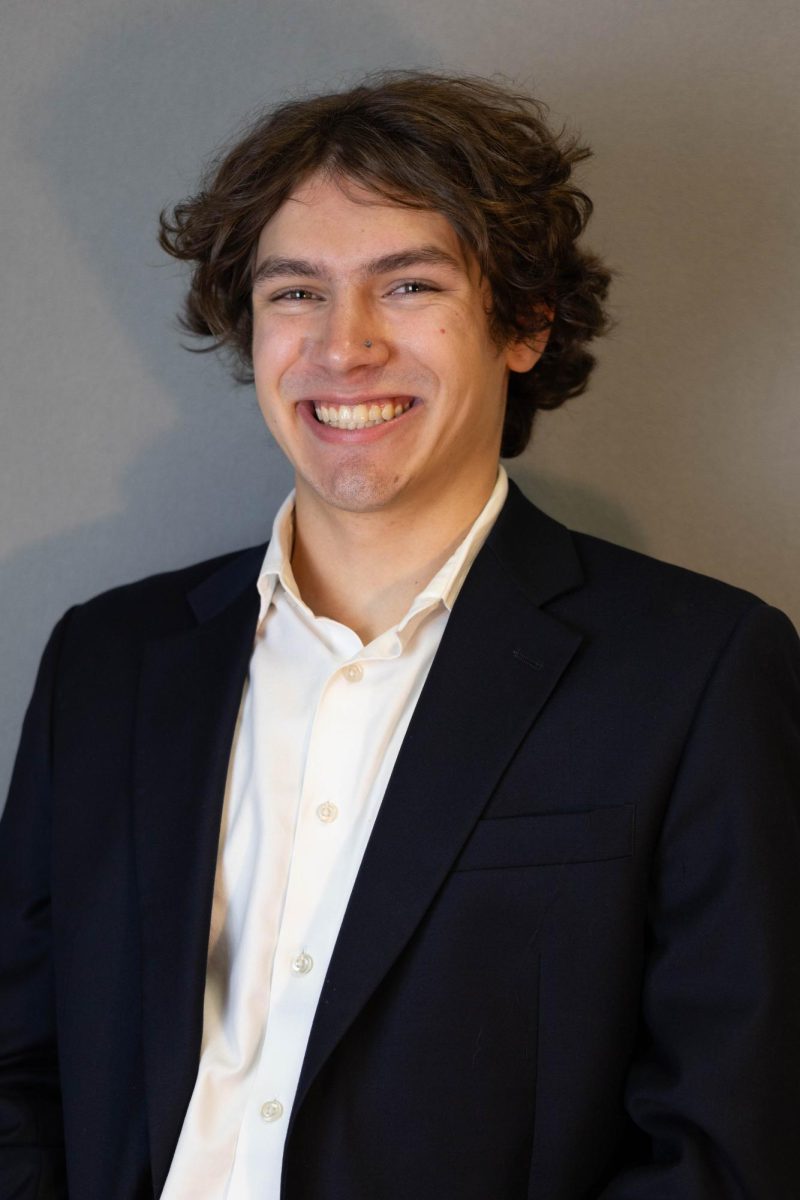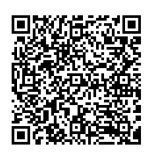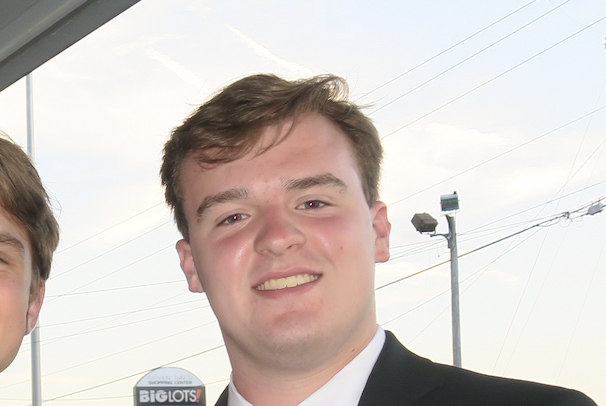Wh ere do you see yourself in five years? As I partake in another season of interviews for summer internships, I brace for this inevitable question. It’s a staple of practically every interview, as predictable as the questions about “a challenging moment in your life” or “your greatest strengths and weaknesses.” Over time, I’ve perfected an answer. I usually say something along the lines of, “I hope to live in Washington, D.C. where I will work for a think tank or congressional office” and then tailor the finer details to suit the specific position I’m applying for. But last week, during one such interview, the question irked me more than usual. Nonetheless, I provided the interviewer with my rehearsed answer and masked my inauthenticity with a smile.
ere do you see yourself in five years? As I partake in another season of interviews for summer internships, I brace for this inevitable question. It’s a staple of practically every interview, as predictable as the questions about “a challenging moment in your life” or “your greatest strengths and weaknesses.” Over time, I’ve perfected an answer. I usually say something along the lines of, “I hope to live in Washington, D.C. where I will work for a think tank or congressional office” and then tailor the finer details to suit the specific position I’m applying for. But last week, during one such interview, the question irked me more than usual. Nonetheless, I provided the interviewer with my rehearsed answer and masked my inauthenticity with a smile.
Truth be told, I have no idea where I see myself in five years. Some days, I picture myself as a legislative correspondent for a congressperson or as a research associate for an education reform nonprofit. Other days, I dream of becoming a script writer for “Saturday Night Live” or the person who gets to decide which products make it on “Shark Tank.”
But I don’t even know if I want to pursue any of that—although I’m less likely to stray away from wishing for the latter two. Quite frankly, I find comfort in the unknown. I believe that I would feel more stressed with a concrete five-year plan than my current situation that’s full of “I-don’t-even-knows.” The only thing that I can confidently see for myself in five years is a dachshund named after Kirk from “Gilmore Girls.” I’d be more shocked if this plan changes than if I end up working as a SoulCycle instructor.
I hope that interviewers see my ambition to apply and enthusiastic explanation as to why I hope to work there as sufficient indicators of my interest. Each specific position that I’m currently applying for aligns with my five-month plan, reflecting the fields that interest me most at this point in my life. I envision these internships as opportunities to inch me a little closer to what I hope to do—or not—with my career.
I’m not saying that one should not have long-term goals or aspirations. I just believe that, as a society, we need to embrace the present more, which starts with replacing the exasperating questions about our future goals and plans. Our unhealthy fixation with thinking far into the future seems like a relentless cycle. As a freshman in high school, I was overridden with questions about where I wanted to go to college that made me feel guilty whenever I chose a social event over an opportunity to polish my Early Decision application. Now, the obsession is over my post-graduate life, a weight just as heavy and familiar. Five years from now, the question will evolve again. People will ask me if I plan on settling down anytime in the coming five years but will also paradoxically overwhelm me with advice to savor my 20s.
Over winter break, I attended several holiday gatherings where my parents’ friends asked the same infamous question: “Where do you see yourself in five years?” Sometimes I opted for my professional, yet false, answer. Other times, I offered a more honest response. Regardless of what I said, their reactions were strikingly similar: “When I was your age, I had no idea what I wanted to do with my life.” Afterward, they launched into stories about how their college major had nothing to do with their current job. These adults are some of the most accomplished people I know. However, they didn’t map out their futures with seemingly any degree of precision. And what do I think played a significant role in contributing to their success? Not knowing where they saw themselves in five years as college sophomores.
In five years, I don’t know what my health will be like.
I don’t know what the state of the world will require from college-educated individuals. I don’t know anything, other than Kirk’s addition to my life. That being said, I understand the intent behind the question. After all, it’s a job interview. Employers must differentiate candidates somehow.
The question isn’t meant to pin us down and my interviewer won’t hunt me down in five years to shun me for not following the path I envisioned. However, I think that we can replace the question with something less daunting that focuses more on the present. For example, “how will this internship complement your current projects and activities?”
Thankfully, most of the other questions asked during interviews accomplish exactly that.
Sophia Rees ‘27 is a political science and history major from Washington, D.C. She can be reached for comment at [email protected].

